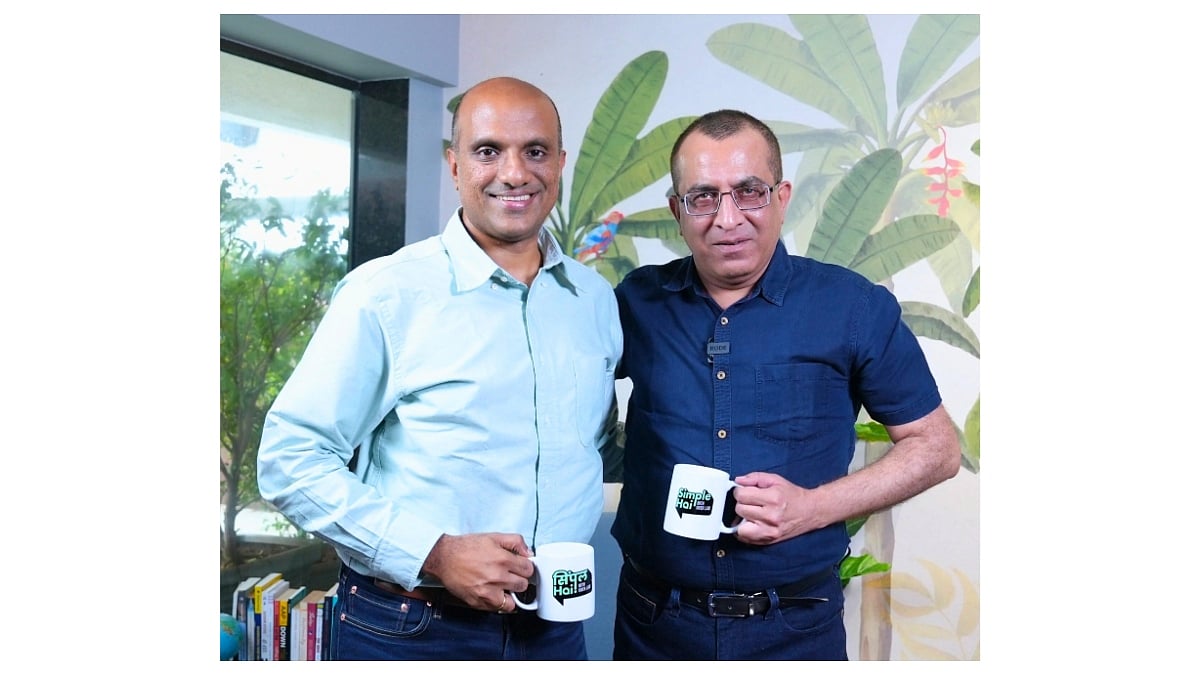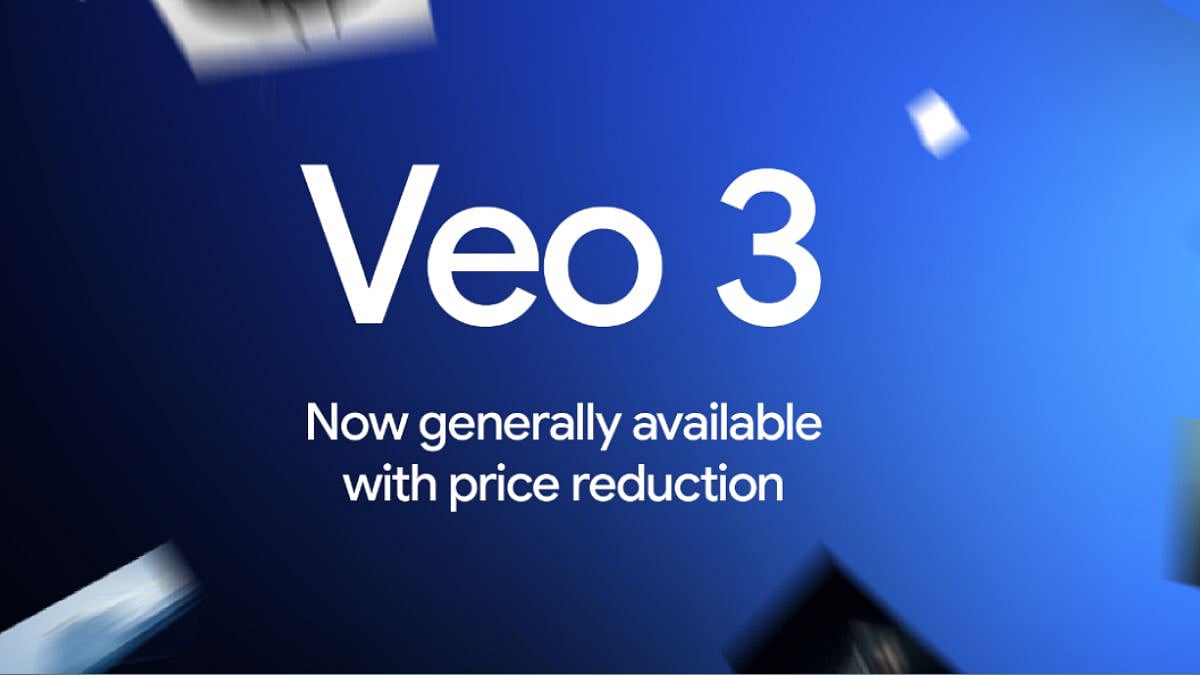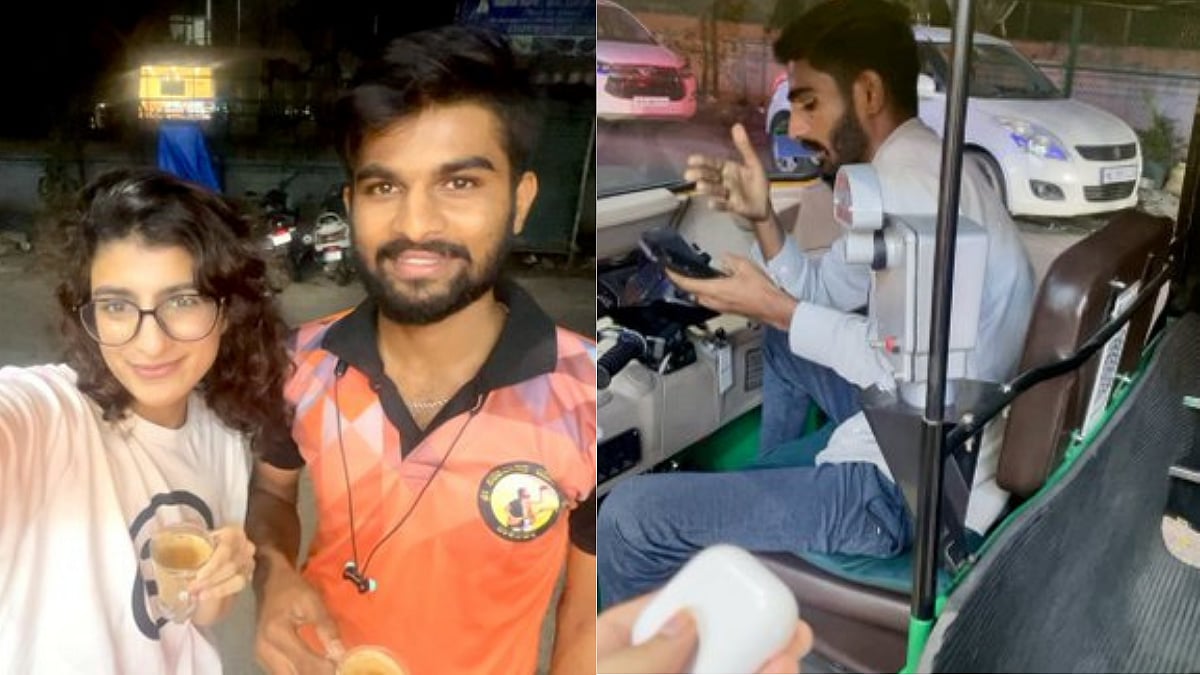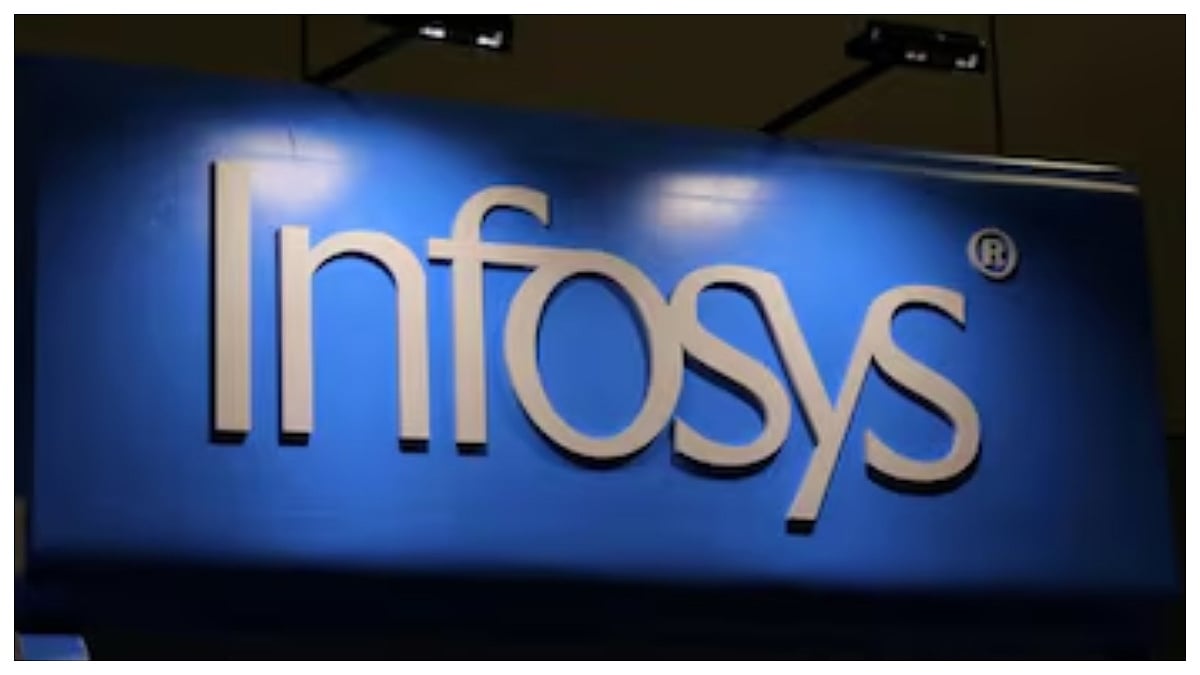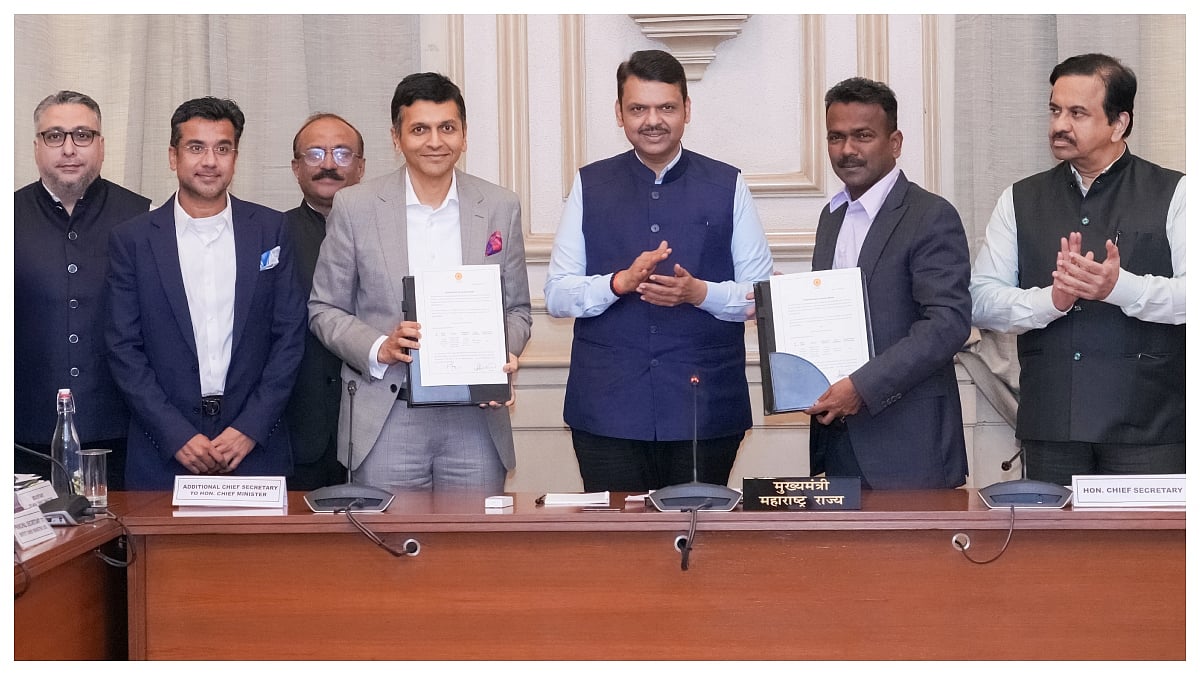In a recent interview with Vijay Kuppa, CEO of InCred Money, veteran finance journalist Vivek Law explored how technology is reshaping personal finance in India. From Kuppa's experience and knowledge to his mission of democratising investments, the conversation, which aired on the Simple Hai! YouTube channel, covered the transformation of financial products, the balance between human and digital advice, and the future of India's wealth-tech sector.
AI and the Future of Finance
Law questioned the role of artificial intelligence in the world of finance, and Kuppa was confident in his outlook: "AI will definitely play a big role… it might replace entire financial services eventually, but it is a function of time, maybe 10 or 15 years down the line."
He explained that while AI is currently applied in customer support and operations, its future lies in advisory roles, offering tailored solutions based on individual investor profiles. Still, he stressed that credibility is key: "Trust is what ultimately drives investor confidence, especially in sectors like finance, where risks are very real."

Balancing Technology and Human Contribution
Law pointed out that while digital platforms can scale, many investors still seek reassurance from human interaction. Kuppa agreed, saying that technology enables scale, but the human touch remains vital. "Technology will be a 100% player for scale, but the human touch remains important; it can be physical, virtual, or over the phone."
He added that younger investors may prefer faceless apps, but older generations tend to value the assurance of personal engagement. The future, he suggested, would be a hybrid of technology-driven solutions with human support.
InCred Money's Strategy and Evolution
When asked about the evolution of his ventures, Kuppa shared his experience with his first startup, OroWealth, which built a base of 100,000 investors by focusing on mutual funds. He contrasted startups that rely on external exits with businesses designed for long-term sustainability.
Discussing InCred Money, Kuppa said the acquisition of his startup gave access to greater capital and scale. InCred expanded from bonds and fixed deposits to mutual funds, alternate investments, unlisted shares, and, recently, a broking platform for listed equities. Their goal is ambitious: "To become a top-five player across retail investment products in India. We want to satisfy every retail investor's needs, mutual funds, equities, alternatives, and even insurance, all on a single platform."
Risks and Opportunities in Unlisted Shares
Law asked about unlisted shares, and Kuppa admitted they are complex and risky, but also an emerging opportunity. He highlighted four key risks:
Regulatory gaps – Less oversight compared to listed stocks.
Liquidity risk – Investors must be ready to hold for 2–3 years.
IPO uncertainty – Delays or cancellations affect exits.
Information asymmetry – Limited data makes research difficult.
Kuppa explained that InCred mitigates these risks by providing all available financials and reports to investors. He advised retail participants to treat unlisted shares as long-term assets rather than trading instruments.
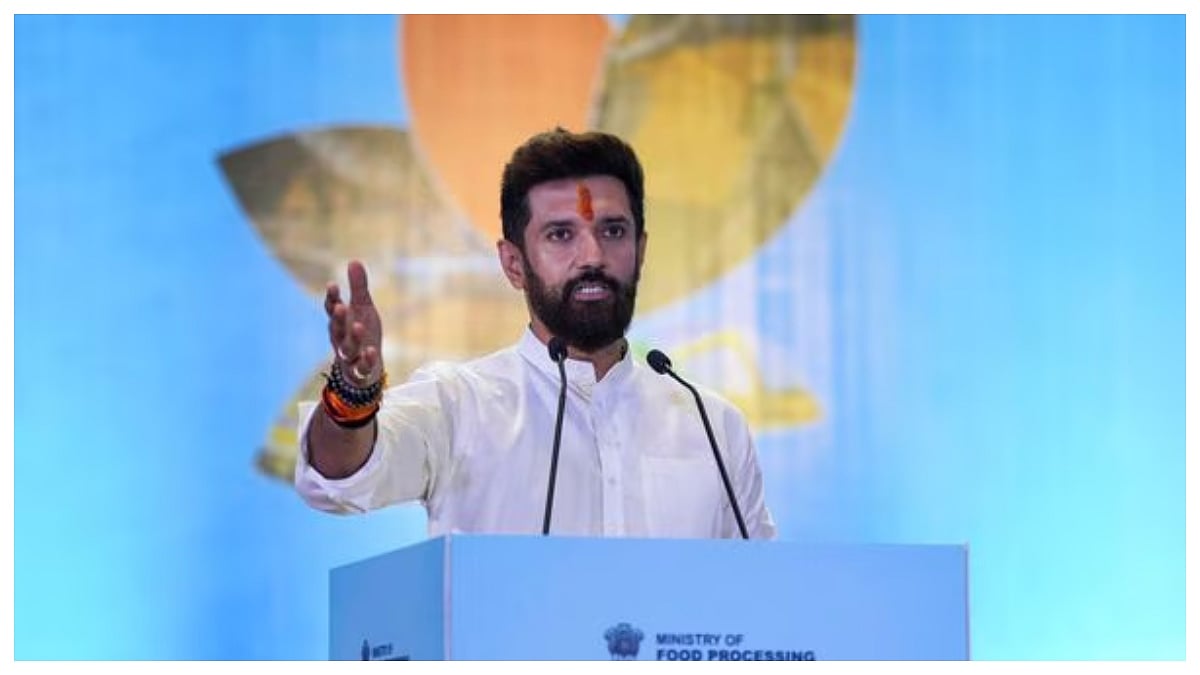
Industry Trends and Outlook
When the conversation shifted to broader industry trends, Kuppa pointed out that mutual fund assets had grown from INR 10 lakh crore to nearly INR 75 lakh crore over the last decade. Despite a surge in digital platforms, he noted that investors typically use only a few apps, leaving scope for integrated all-in-one solutions.
Reflecting on the evolution of wealth management, Kuppa said: "From 2000-2010, business value was measured in branches; now, it's relationship managers; soon, it will be AI agents operating for investors."
The discussion underscored how India's wealth-tech sector is in a dynamic growth phase, fuelled by retail participation, regulatory changes, and digitalisation. Kuppa's vision for InCred Money as a one-stop platform for every retail investment need captures the essence of India's fintech revolution.
